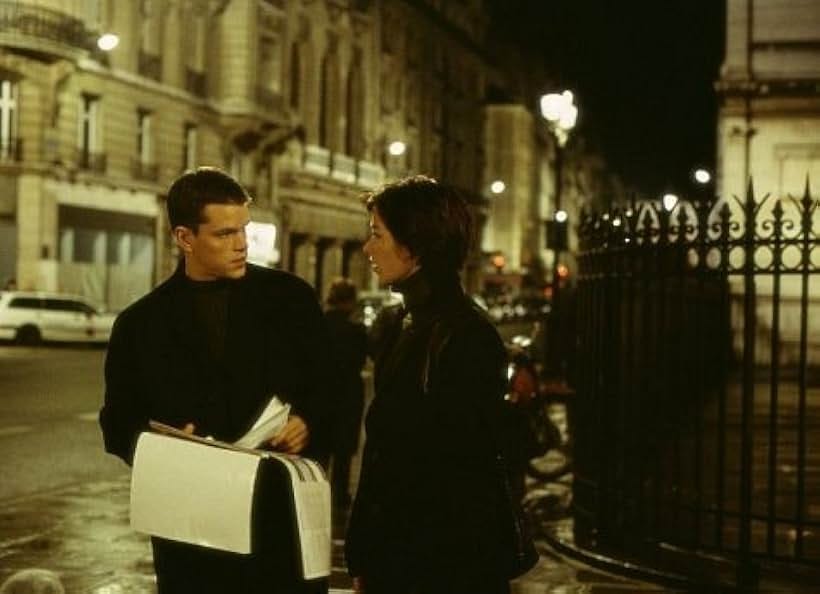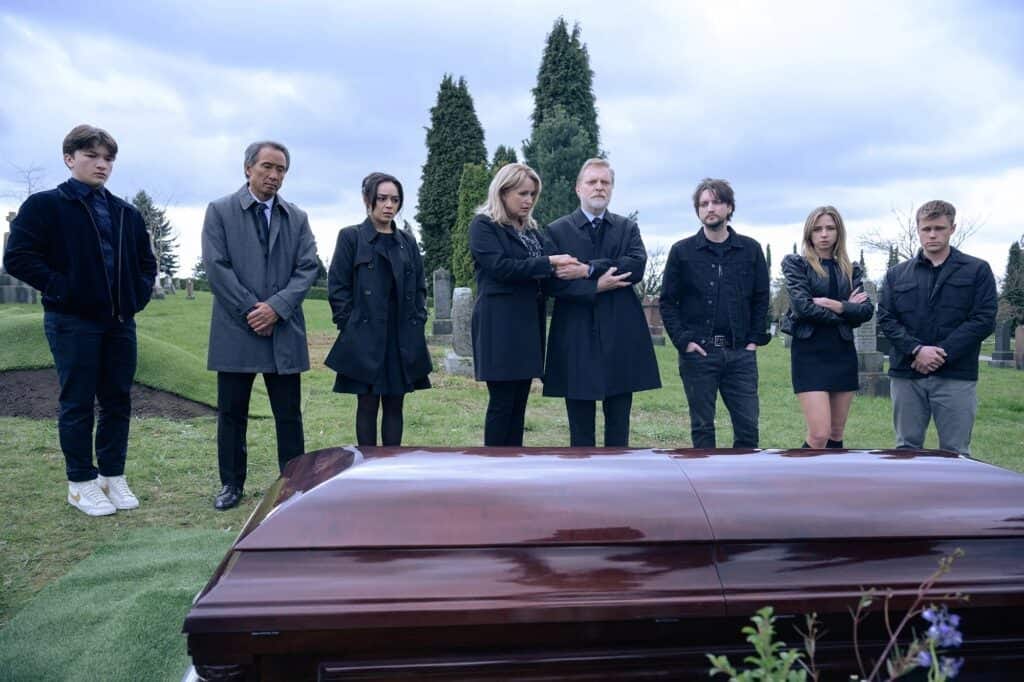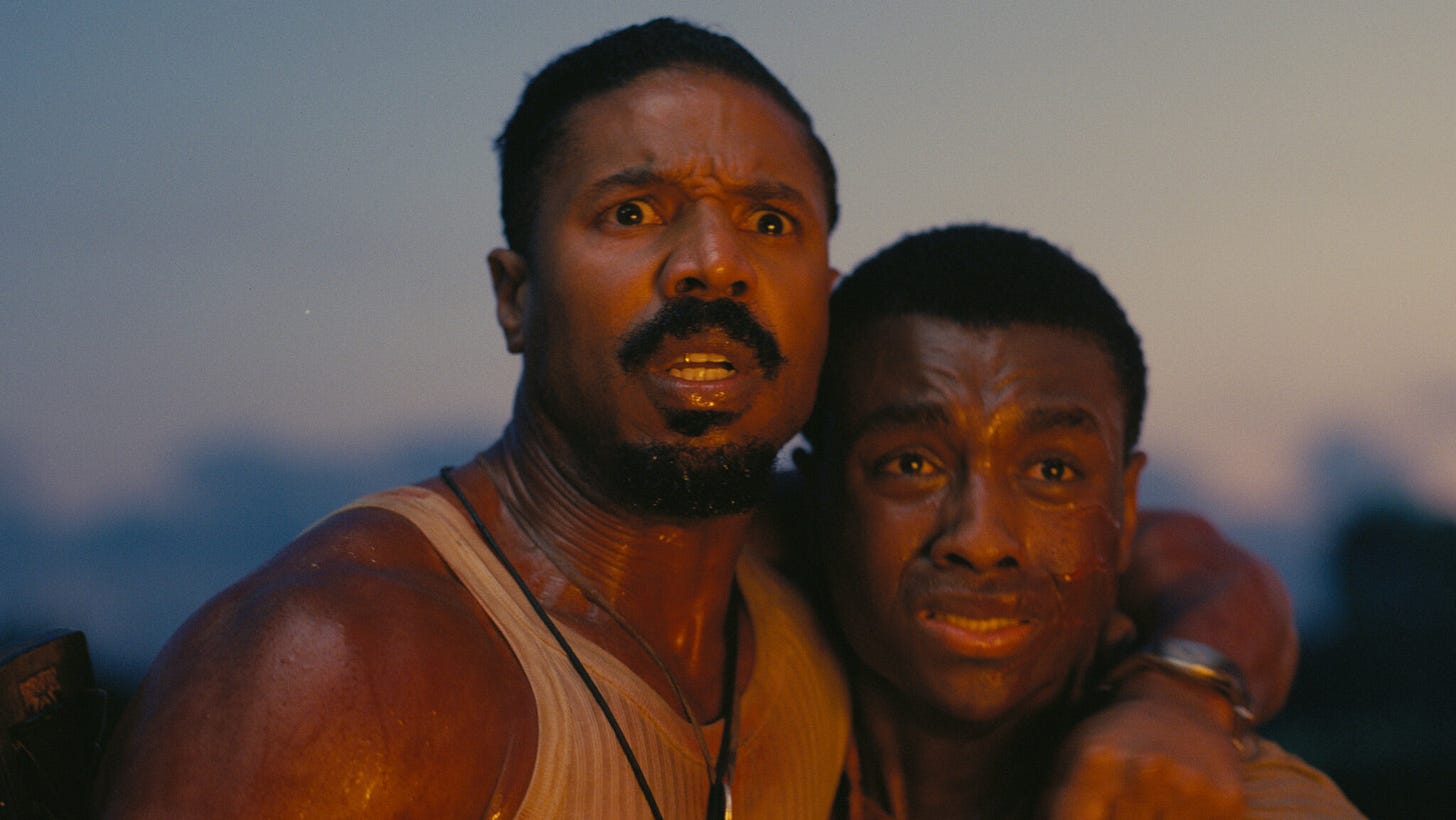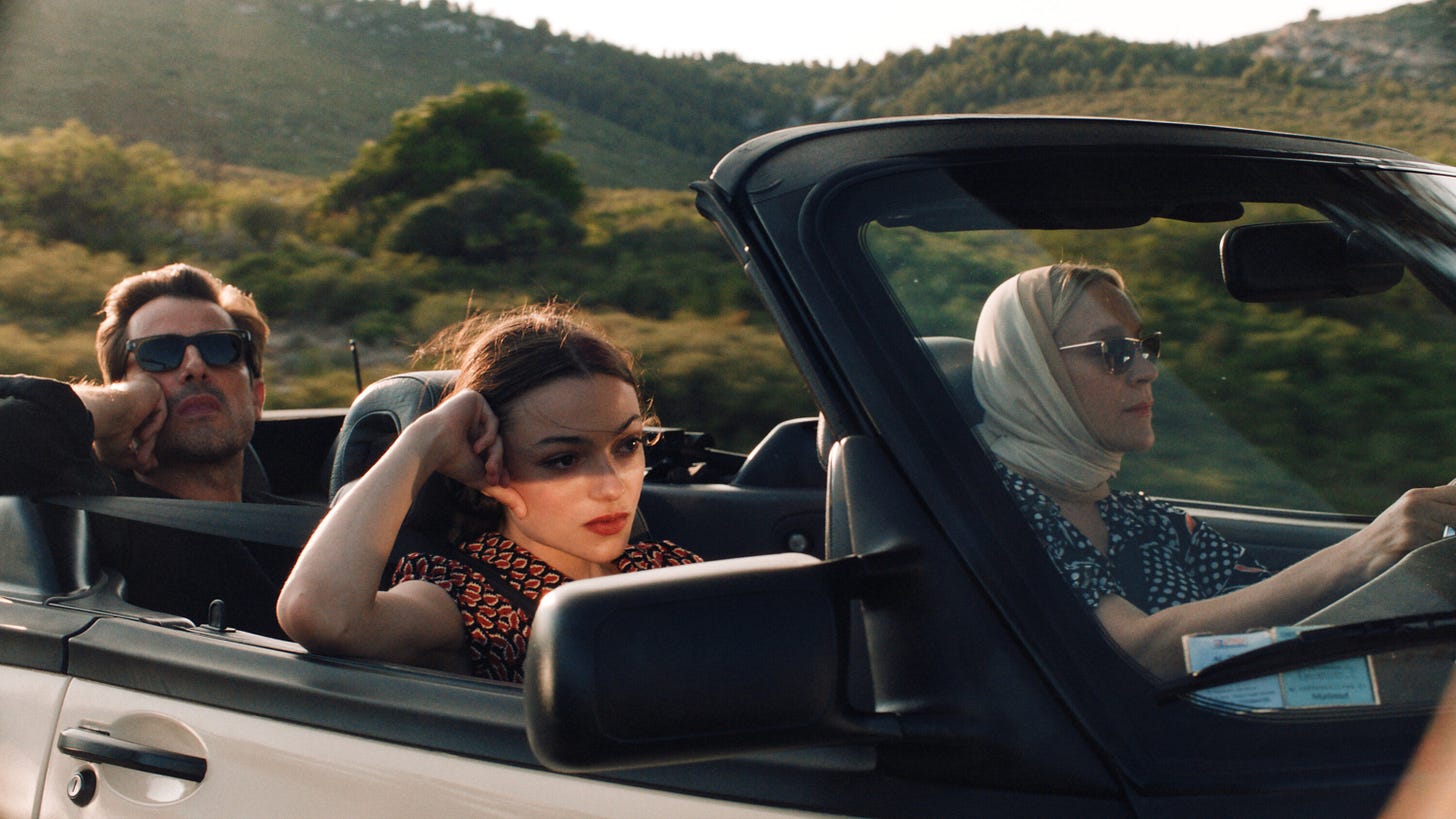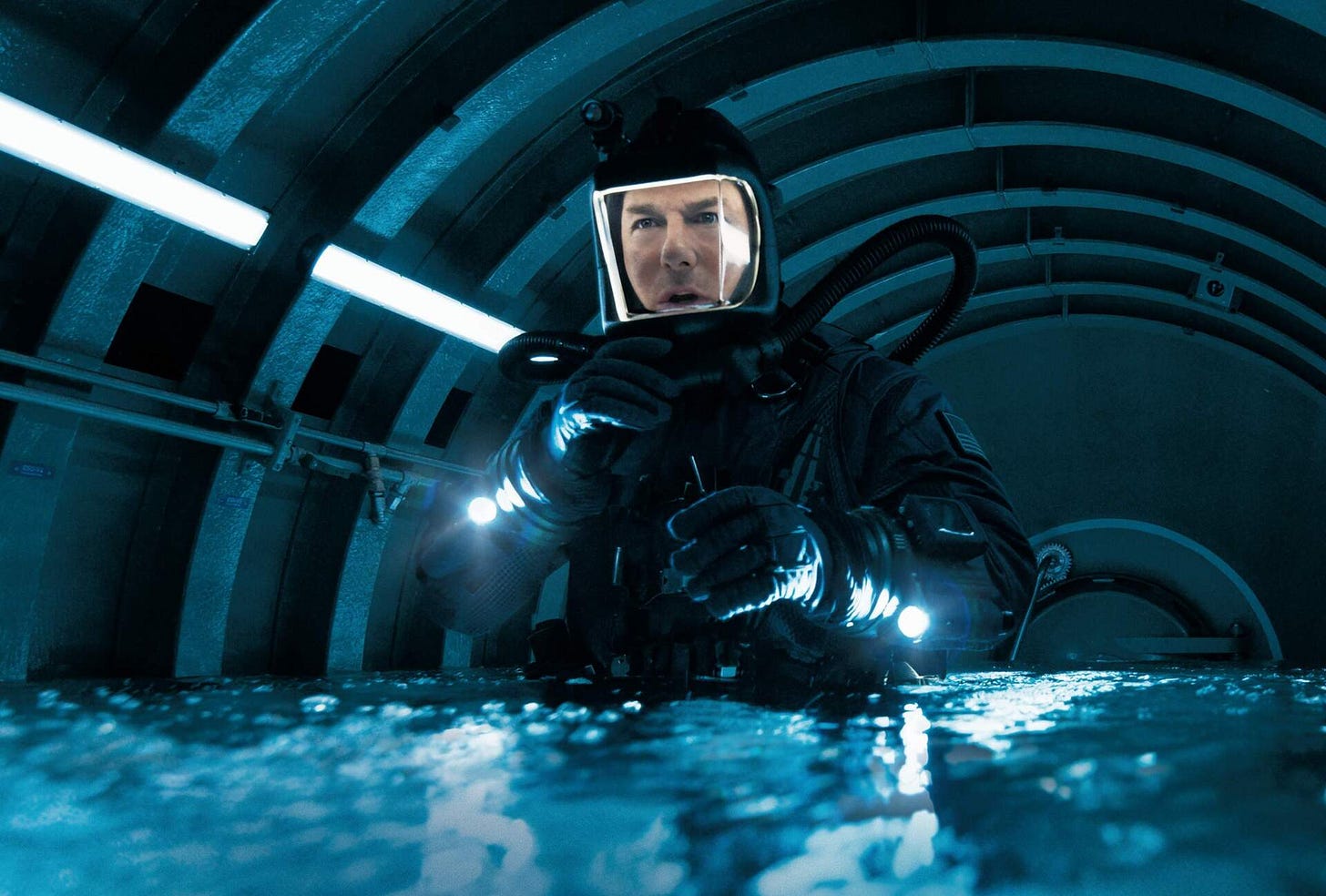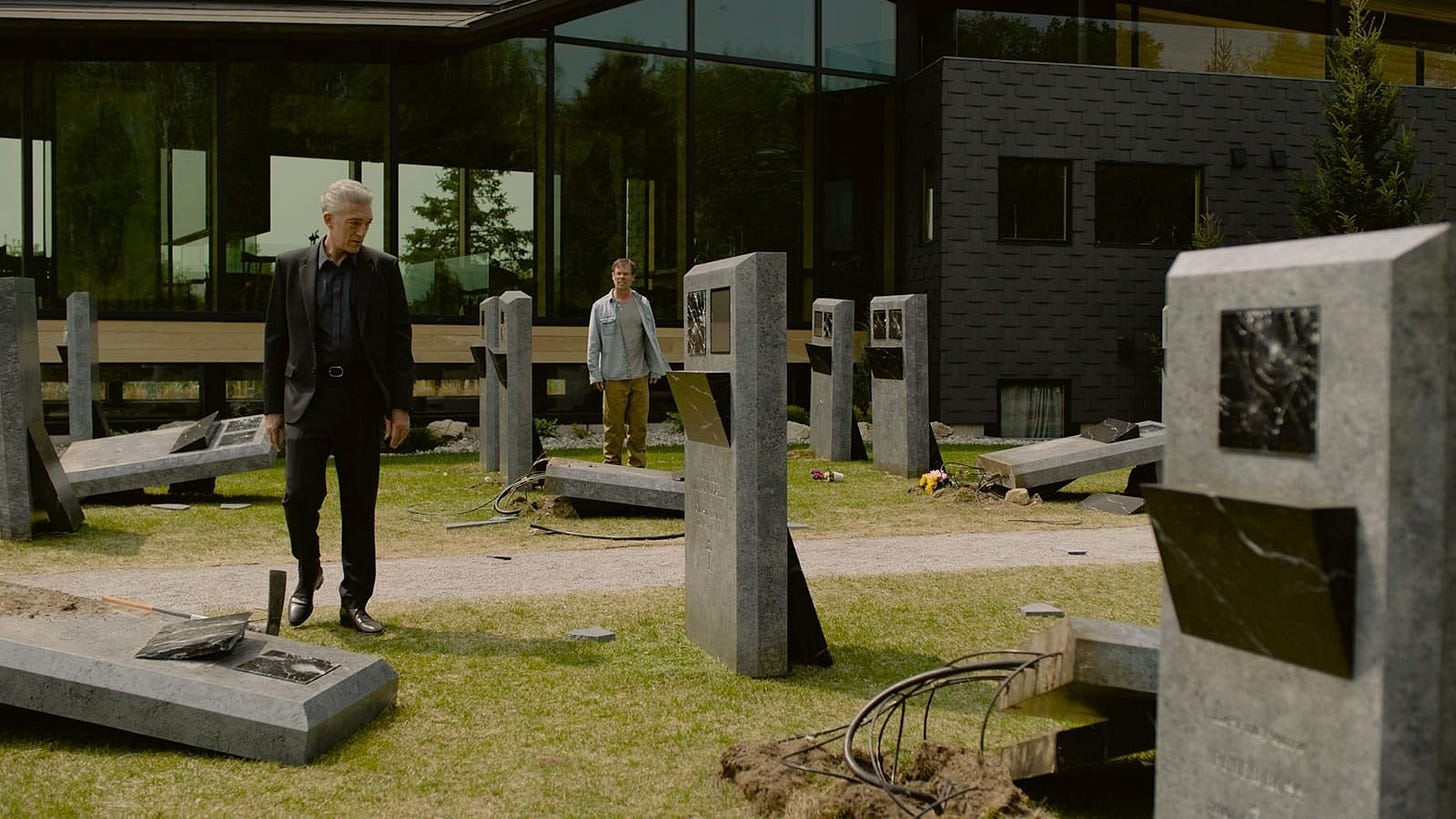The other day, I came across an excerpt of an interview with François Truffaut, in which he praised Peter Bogdanovich's The Last Picture Show (1971) mostly for straying from the Golden Age of Hollywood. I love American films from the 1970s, but I've struggled to find words that explain what I find so special about them. In the second half of the interview, Truffaut put my thoughts into words:
François Truffaut: We were lied to for 70 years when it comes to love [...], the sentimental, sexual, and physical lives of people on screen were completely false; they had nothing to do with the lives of the people sitting in the movie theater.
There's a brutal honesty about films from this decade; the directors no longer felt obligated to create happy endings, and the sexual liberation gave them novel ways to tell stories. I found this change in style fascinating, so I'm going to talk about why this happened.
In the Paramount Decision of 1948, the Supreme Court ruled that film production companies could no longer own movie theaters. This decision led to a rise in independent movie theaters across the United States between the 1950s and 1970s. These theaters exposed American audiences to foreign films, many of which were not subject to puritanical rules like the Hays Code. The audience’s taste also started to change, as they acquired an appreciation for French New Wave, Japanese, and Italian films.

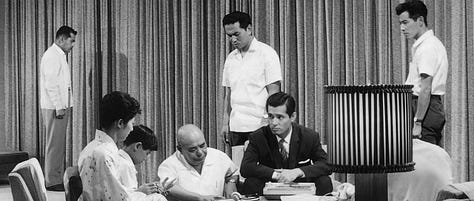
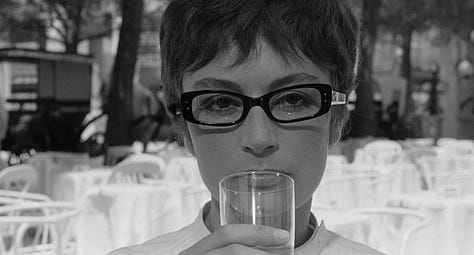
The people were no longer interested in musicals and large-screen epics. As television sets became more accessible, people preferred to stay at home, and movie theater attendance dropped. If you want to know my thoughts on this, watch below:
The industry, upset by this downturn, needed to figure out how to get people back in the auditoriums. So they took more creative risks and gave more power to directors. This movement in film history is known as New Hollywood. The films of this era, such as Dr. Strangelove, The Graduate, A Clockwork Orange, and A Woman Under the Influence, were less predictable, less plot-driven, more cynical, more nihilistic and deviated from the Golden Age of Hollywood. The American youth at the time found these films more relatable and reflective of their experiences and world views.
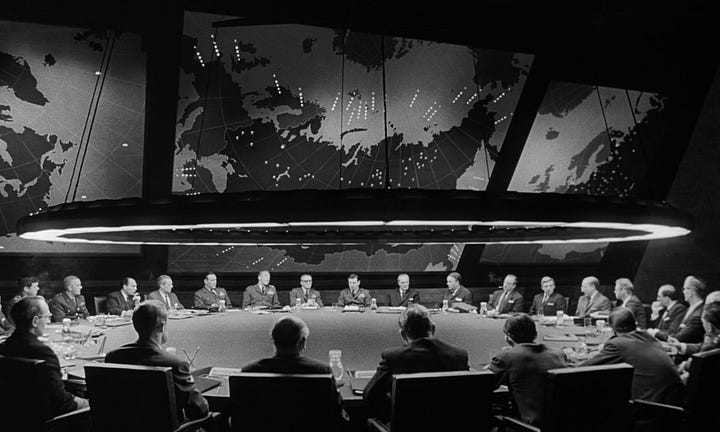
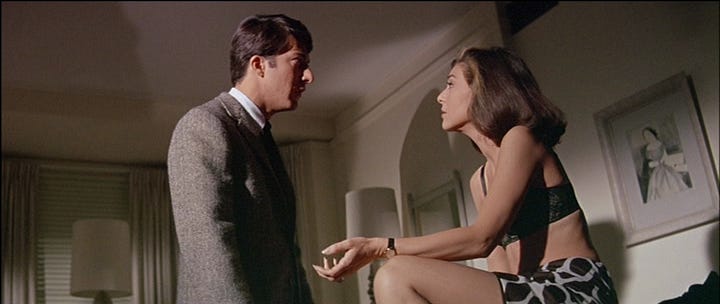

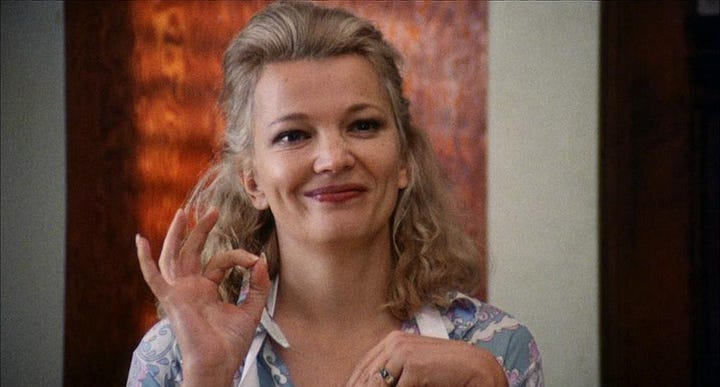
On Tuesday, New Yorkers will head to the polls to decide who will have the privilege to shape the city's future. We are facing a housing shortage, and our subways, in some ways, are improving, but they still lag in quality compared to cities like Paris and London. There are still mountains of trash bags on the streets, but there’s hope as Mayor Adams recently introduced the “Empire Bins” to West Harlem. Traffic is still terrible but improving thanks to congestion pricing; however, the kakistocrat and Trump minion Sean Duffy is menacing its livelihood. We faced the same major issues in the late 1960s and 1970s, and although today many elderly New Yorkers want to rave about the “good old days,” those days were much worse. The city was going through urban renewal and financial trouble, causing major social unrest. The man New Yorkers chose to guide the metropolis through these chaotic times was a Republican named John Lindsay, known uptown as the “blue-eyed soul brother.”
He decided that one way to bring economic activity to the city was through cinema and television. He took initiatives to bring entertainment jobs to the city. He signed an executive order to make the formerly corrupt permit application process more efficient and created agreeable conditions for location shooting in the city, notably by providing free police escorts.
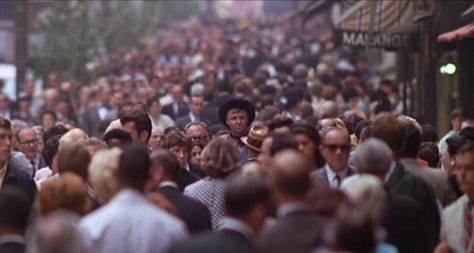
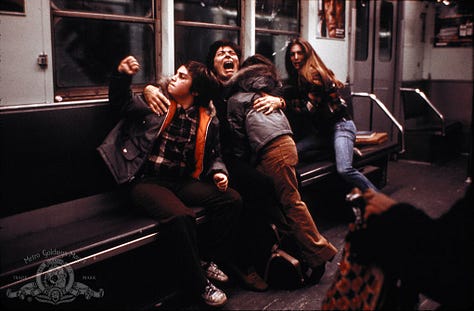
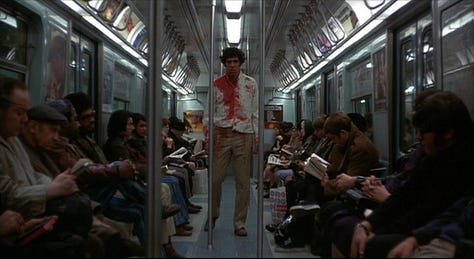
New Hollywood directors were now attracted to New York because of policies encouraging location shooting and the grittiness and disorder that complemented their films’ themes. The mayor’s initiatives were successful, many more films were made in New York during his tenure and the city, in all its misery and splendor, was distributed to silver screens worldwide. This played a significant role in the myth-making of the city, setting the stage for future generations to come and relive their favorite scenes.
If the future mayor of New York is reading this, I ask that you improve on these initiatives.
I would also like to note that one of the candidates, Zohran Mamdani, has connections to the film industry through his mother Mira Nair who directed Mississippi Masala; so maybe he’ll be partial to that?
The NYC Democratic primary is on June 24th, go vote!
My April-June Picks
Legend:
🍿: Seen in theaters
🎞️: Seen on celluloid film
★★★★: Masterpiece
★★★☆: Must-watch
★★☆☆: Enjoyable
★☆☆☆: Low-stakes
⚫️: Don’t bother
★★★★:
A Man and a Woman (Claude Lelouch) 🍿
As I walked out of Film Forum I texted my girlfriend: “I may have seen the greatest film ever”. The story is about two Parisians, a widow (Anouk Aimée) and a widower (Jean-Louis Trintignant), who meet after dropping their kids off at a boarding school in Deauville. They soon form a friendship and cautiously become romantic. Lelouch makes it clear from his establishing shots that we are going to experience something special. The film is accompanied by a lush soundtrack composed by Francis Lai, including iconic songs such as “Un homme et une femme” and “Samba Saravah”.To my knowledge, this new restoration of the film is not yet on streaming, so hopefully it is showing at a theater near you.
8 1/2 (Federico Fellini) 🍿 🎞️
This whole film feels like a dream. It gets better every time
★★★☆:
The Phoenician Scheme (Wes Anderson) 🍿
Bring Her Back (Danny & Michael Philippou) 🍿
Listen to the Voices (Maxime Jean-Baptiste) 🍿
Breathless (Jean-Luc Godard)
Little Murders (Alan Arkin)
The Plot Against Harry (Michael Roemer)
The Last Picture Show (Peter Bogdanovich)
★★☆☆:
Princess Mononoke (Hayao Miyazake) 🍿
Claire’s Knee (Éric Rohmer)
Party Girl (Daisy von Scherler Mayer)
Killer of Sheep (Charles Burnett) 🍿
Yannick (Quentin Dupieux)
★☆☆☆:
Materialists (Celine Song) 🍿
Black Caesar (Larry Cohen)
The Bourne Identity (Doug Liman)
Final Destination Bloodlines (Zach Lipovsky & Adam B. Stein) 🍿
Sinners (Ryan Coogler) 🍿
Bonjour Tristesse (Durga Chew-Bose) 🍿
Warfare (Ray Mendoza & Alex Garland) 🍿
Mission: Impossible – The Final Reckoning (Christopher McQuarrie) 🍿
⚫️:
The Shrouds (David Cronenberg) 🍿

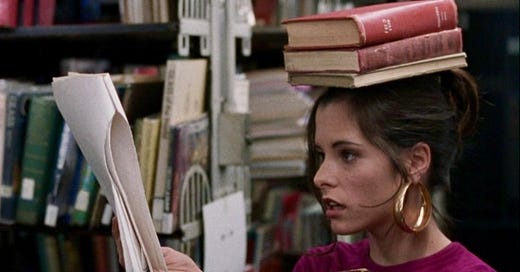



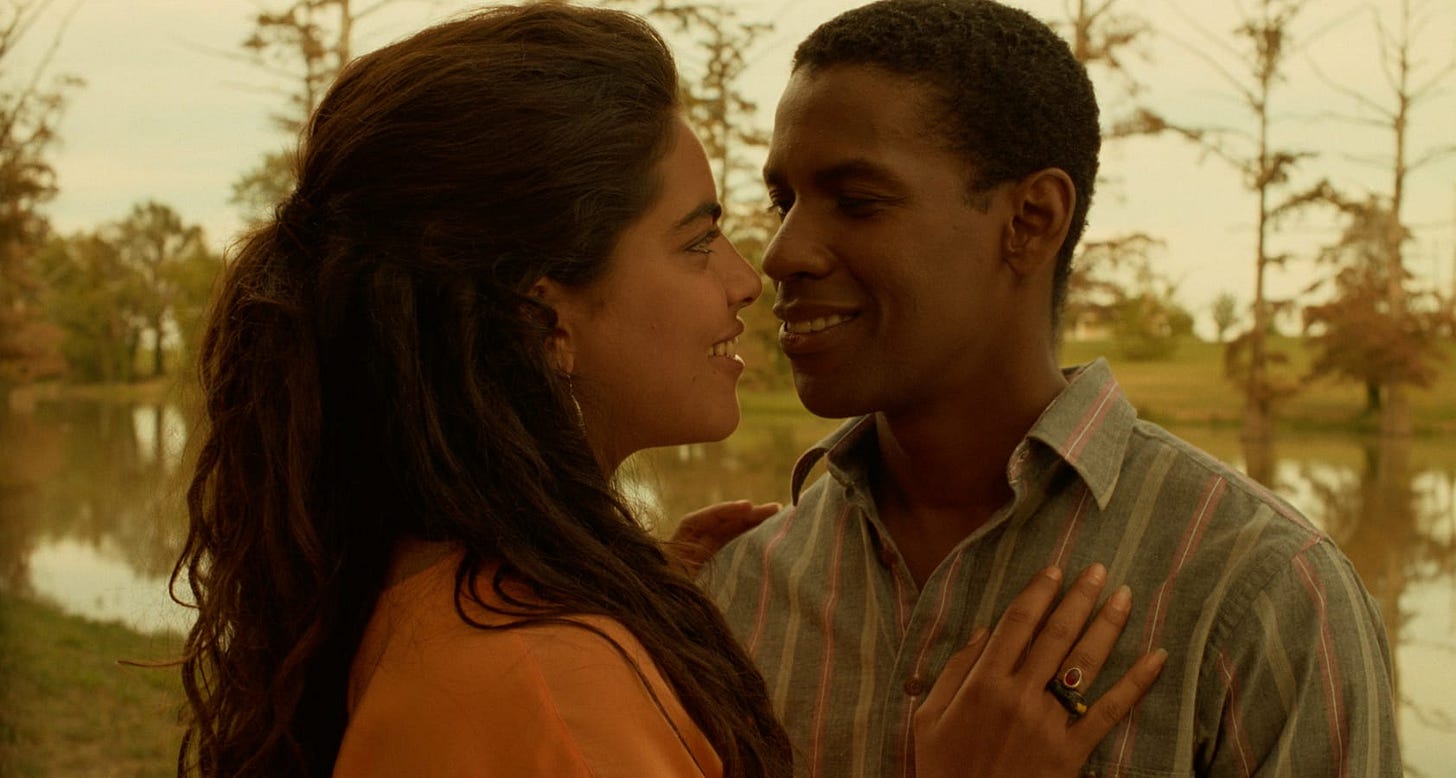
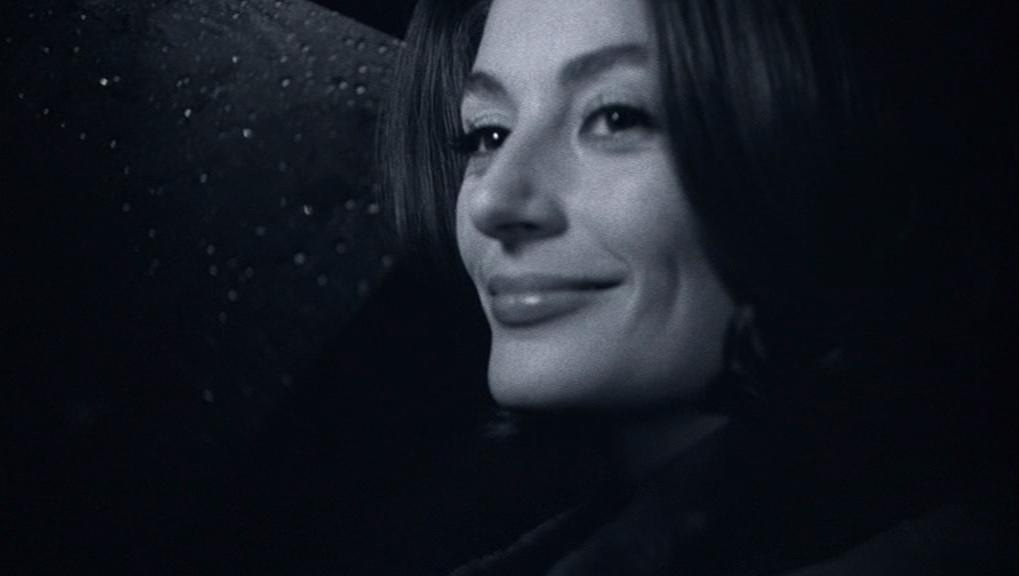
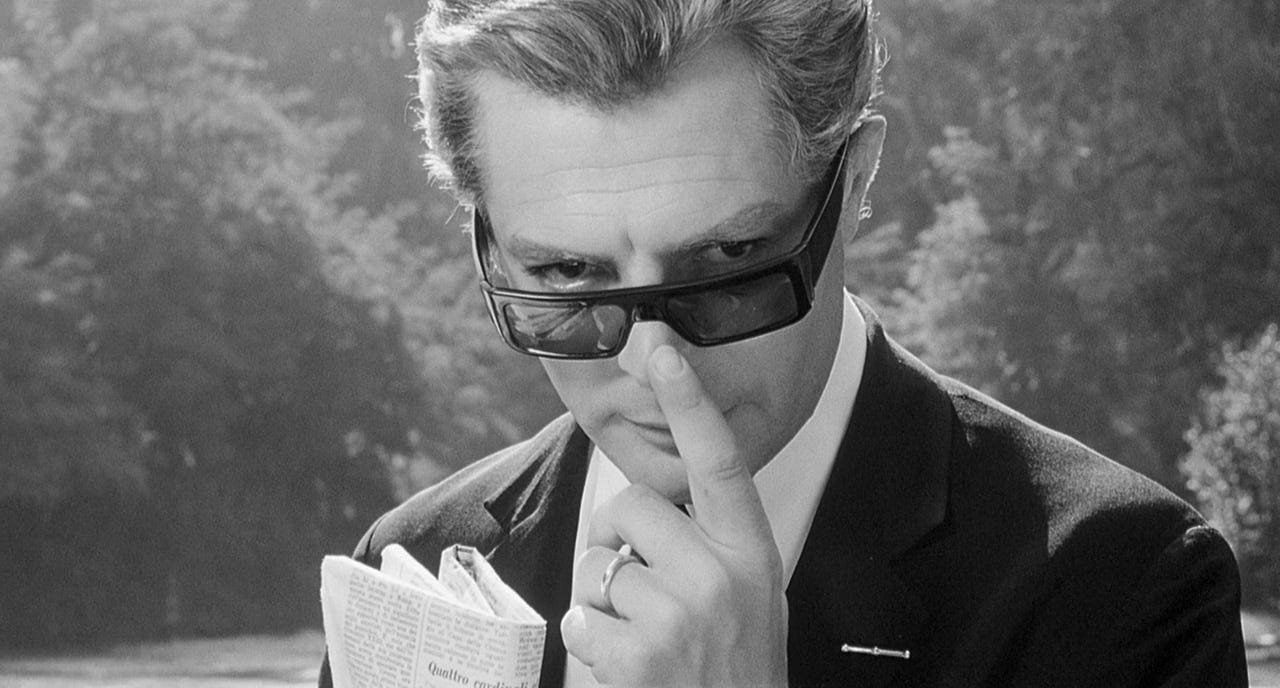



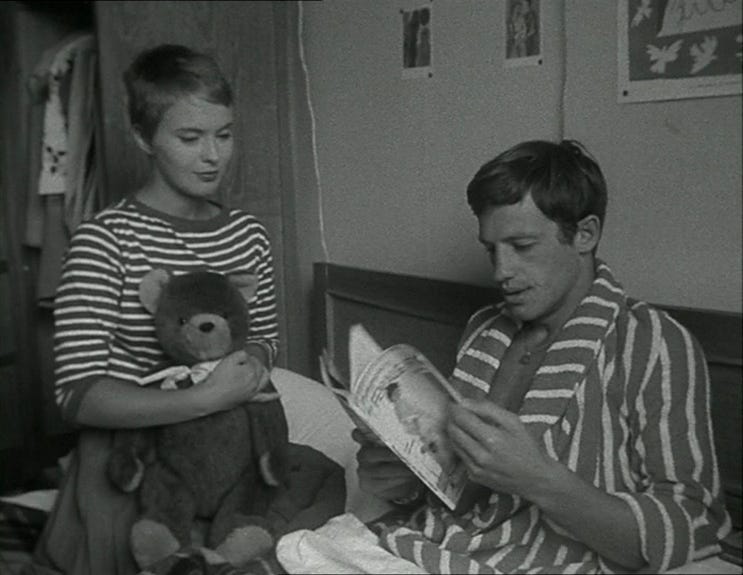
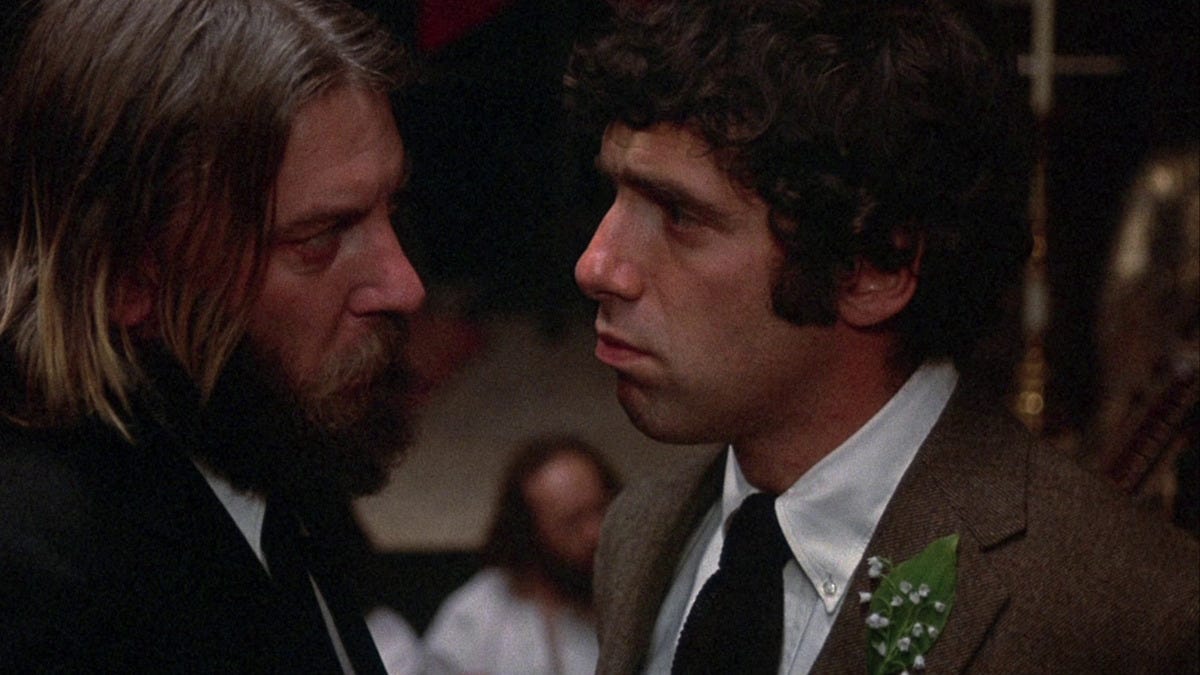
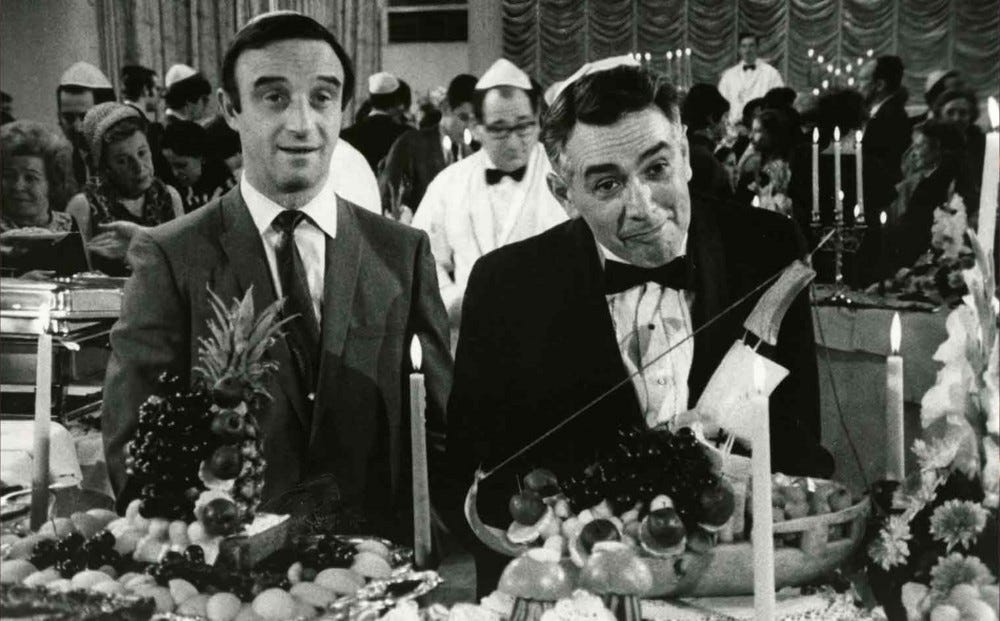
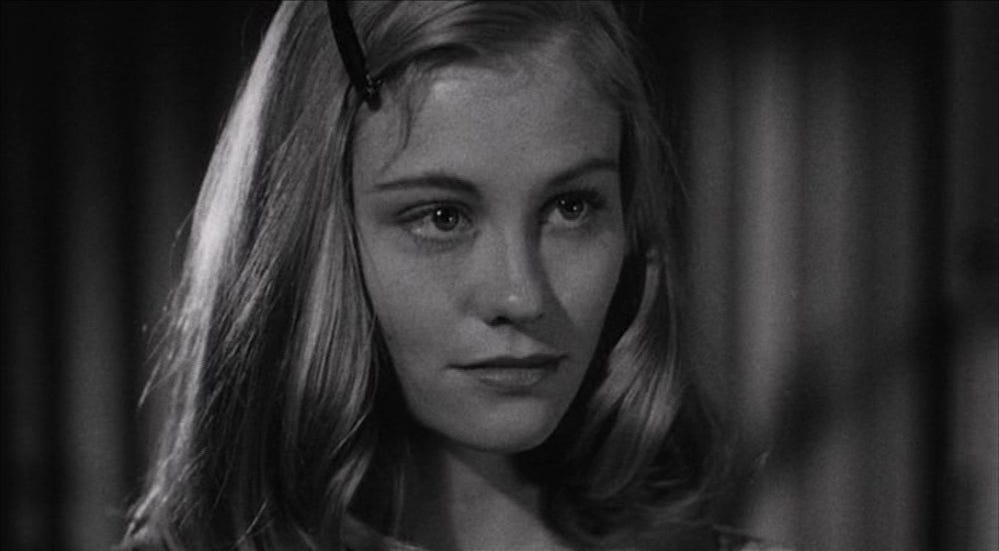

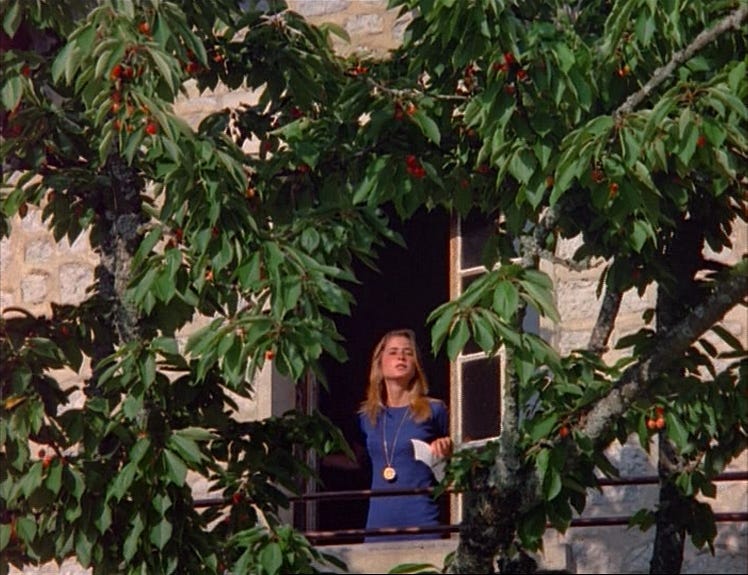
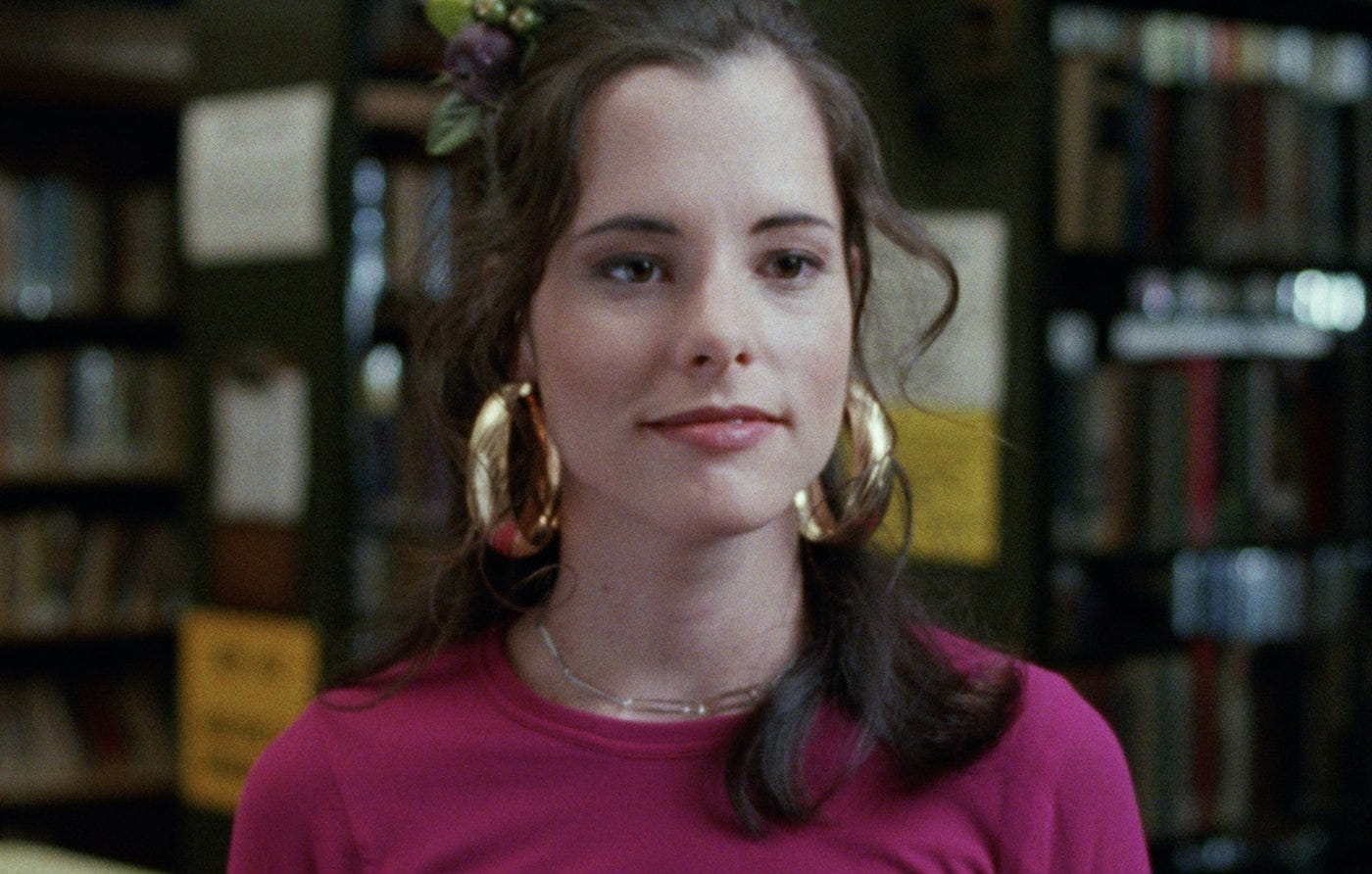
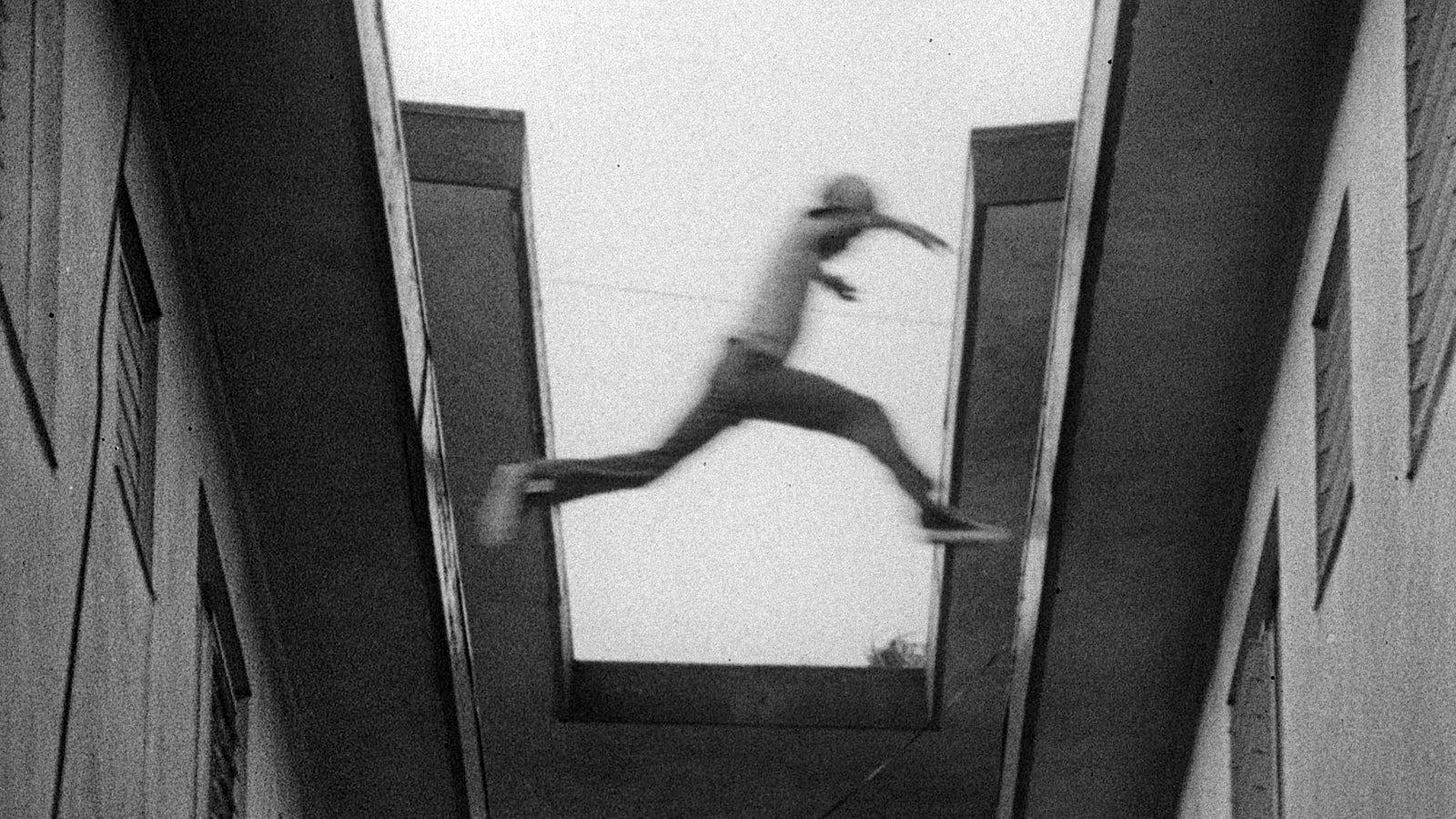
![Yannick — Quentin Dupieux [Review] | In Review Online Yannick — Quentin Dupieux [Review] | In Review Online](https://substackcdn.com/image/fetch/$s_!D3ww!,w_1456,c_limit,f_auto,q_auto:good,fl_progressive:steep/https%3A%2F%2Fsubstack-post-media.s3.amazonaws.com%2Fpublic%2Fimages%2F12d143d2-bc25-41ba-a59a-2a06867d5ceb_1150x650.jpeg)


